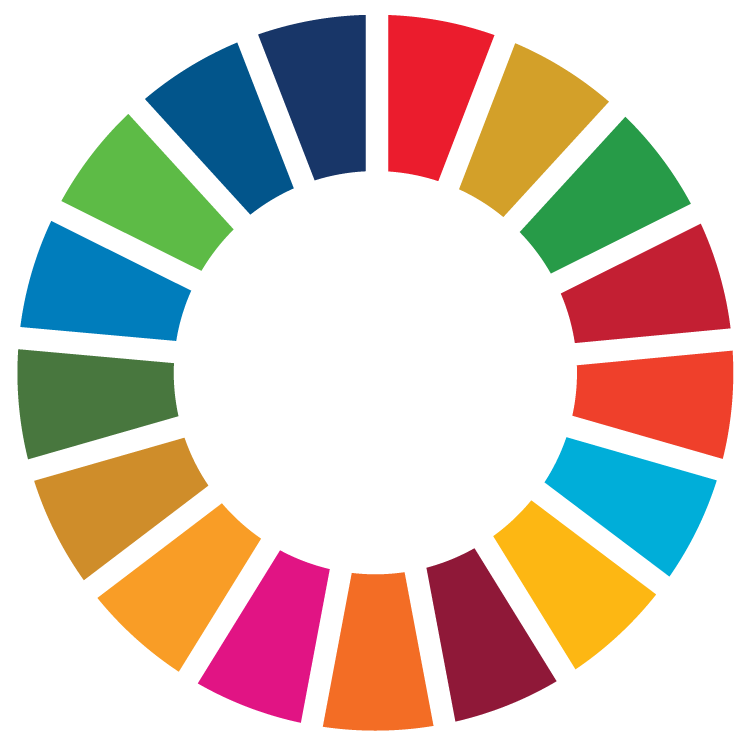
Evaluating the potential of intensive grazing and corralling to enhance ecosystem services in Africa’s communal rangelands
Funder
Royal Society through Global Challenges Research Fund (GCRF)
Value
£49,980
Collaborators
Dr Wilfred Odadi, Egerton University, Kenya
Team
Dr James Bennett (PI), Dr Wilfred Odadi (Co-I).
Duration
February 2020 - October 2023
CAWR Theme
Resilient Food and Water Systems in Practice
Sustainable Development Goals
GOAL 10: Reduced Inequalities
GOAL 12: Responsible Consumption and Production
GOAL 15: Life on Land
GOAL 16: Peace, Justice and Strong Institutions
GOAL 17: Partnerships for Goals

Project Overview
Communal rangelands systems in Africa are are threatened by land degradation, overgrazing and breakdown of local institutions, with detrimental implications for provision of ecosystem services, biodiversity and human livelihoods. Enhancing the productivity of these rangeland systems requires identification and implementation of grazing and land management practices which are both ecologically sound and socially acceptable to local communities. In northern Kenya, some pastoral communities, with assistance from external development agencies, are implementing rotational grazing coupled with strategic livestock corralling across degraded sites, with a view to enhancing rangeland health and livestock productivity.
This study seeks to quantify the effectiveness of these practices by measuring changes in vegetation, soil quality and wildlife and livestock use, associated with livestock corral sites. Linked to this, we will also examine the capacity of existing local community institutions and governance structures to sustainably implement these approaches over the longer term, with minimal external support. The proposed research will enhance the capacity of local pastoral communities to manage communal rangelands more sustainably, with associated benefits for conservation, livestock productivity and livelihoods.
Project Objectives
- To compare the ecological value of sites previously subject to intensive livestock corralling and those without in intensively grazed areas.
- To assess the institutional capacity of local communities to implement alternative grazing and corralling practices.
- To share best practice on intensive grazing and corralling, from within and beyond Kenya, with local communities and NGOs.
Impact
The project will work with selected pastoral communities in northern Kenya to explore directly the added ecological value of intensive corralling and indirectly the potential value of this for enhancing livestock production and pastoralist livelihoods.
It also aims to build capacity amongst local pastoralist institutions to practice intensive grazing and corralling. The approach to this will be twofold. Firstly, identifying and sharing best practice from local communities where these management approaches are already being successfully implemented. Secondly, organising a local stakeholder workshop to share best practice from related activities in countries such as South Africa. This will also involve the sharing of a rangeland management ‘toolkit’ developed in South Africa.
For more information on this project please contact James Bennett.
Outputs
GACEES Summary Report 2023




